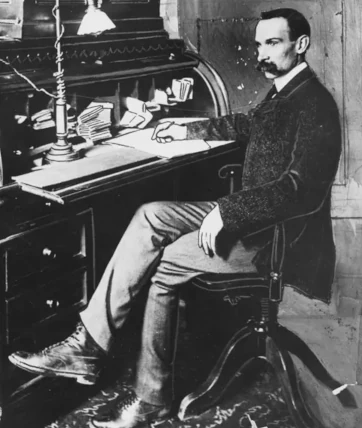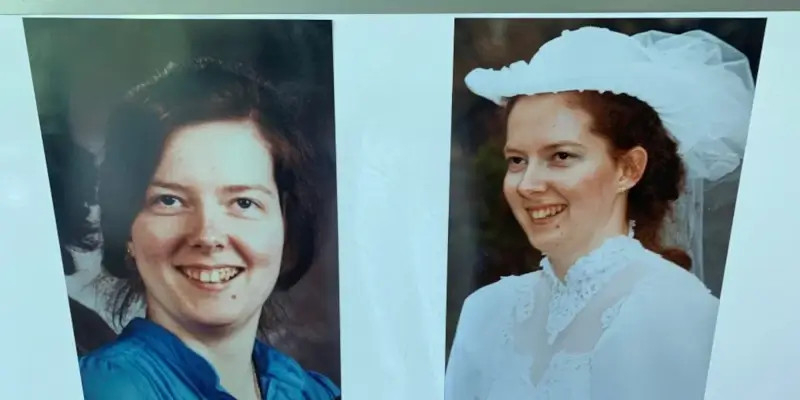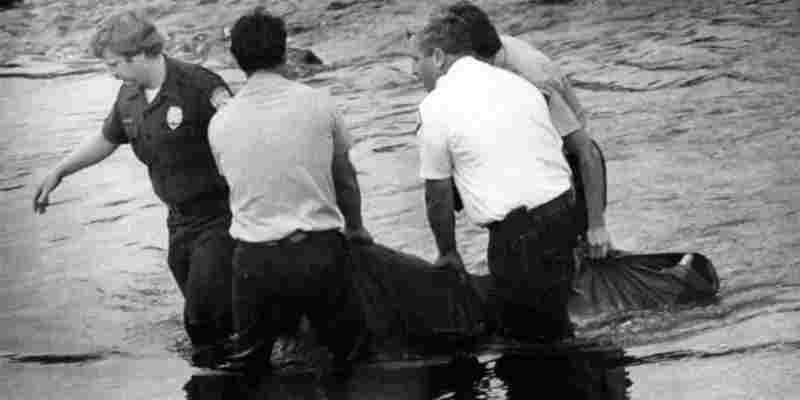Toronto, Ontario — On December 1, 1919, Ambrose Small, a Toronto theatre owner, sold the bulk of his empire to a Montreal company for $1.7 million. The sale itself was not suspicious: given the growing popularity of moving pictures, Small had decided to divest himself before it was too late.
The next day, he and his wife, Theresa, together deposited the money. On the street they parted ways, Small promising to be home by dinner. But then he just vanished from his office in Toronto's old Grand Opera House on the south side of Adelaide Street, between Bay and Yonge streets, on Tuesday, Dec. 2, 1919.
The Toronto theatre magnate made his fortune entertaining audiences with low-brow stage productions like "Perils of Pauline," and "Bertha, the Sewing Machine Girl."
Small had a reputation for carousing, and Theresa was worried about her husband. She knew that he didn't have any close friends who he would trust with his money. She waited two weeks to report his absence.
Today, the potential Ambrose Small's killers sound like players in a murder-mystery game: wife Theresa, a fixture in Toronto society; Small's money-grubbing sisters with no other source of income; the disgruntled secretary; and at least one mistress. There was even the possibility of a gangster hit, given Small's substantial gambling habit.
Theresa and sister were very upset because they knew that he had a big gambling problem and she was jealous of his other women. Theresa knew that he was cheating on her and she was mad at him for doing that. Theresa tried to kill Ambrose Small but she couldn't. Ambrose Small's sister was also angry at him for being dishonest to his wife.
There are many stories in the world today about people who were accused of crimes they didn't commit. Most people will read stories like that, and they will think that it is impossible to prove someone guilty or innocent. In some cases, it is impossible to prove a person guilty or innocent, but it is still possible to convict them of something. This is the reason why it is very important for the police to have the right evidence.
A series of private investigators tried their luck at cracking this case. So did clairvoyants and cryptographers. Theories multiplied, and the tabloids made a meal of every false lead including a deathbed confession from Theresa, later deemed a forgery. Ultimately, neither Ambrose Small nor a culprit was ever found, and in 1960 the Toronto Police officially closed the case.









